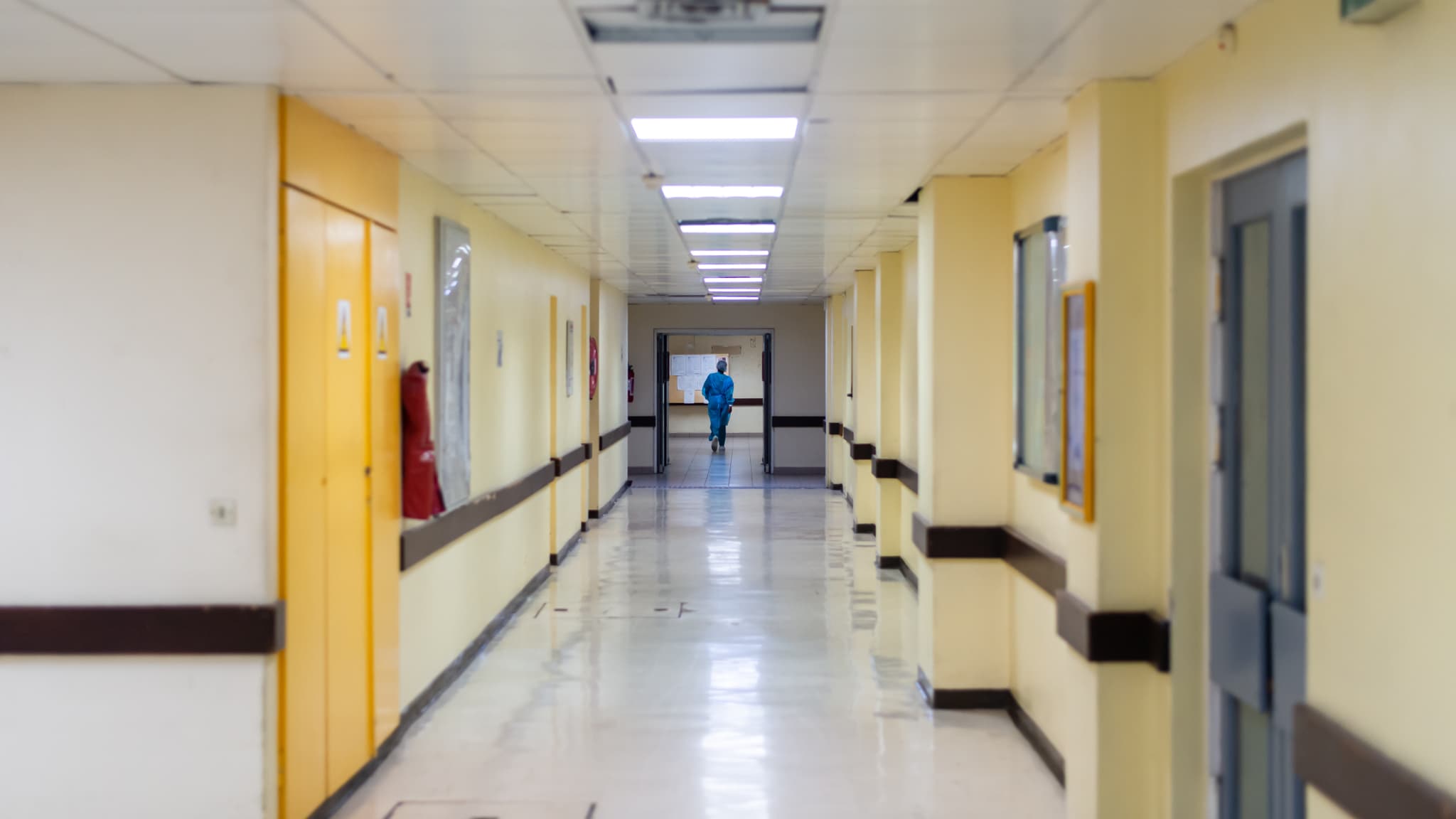We can visualize the age of our organs in blood

Artificial intelligence analysis of blood proteins visualizes the biological age of 11 organs over time.
You will also be interested in this
(on video) Interview: Why do we age? Every day, our bodies and our cells age. What are the physiological processes involved in…
Aging organs lead to deterioration of tissue structure and function throughout the body, increasing the risk of most chronic diseases. Accelerated aging of one or more organs increases the risk of mortality by 20 to 50%. Animal studies have shown that each individual and each organ in its own way within the same individual age. How can we conceptualize this aging in humans and what impact does it have on age-related diseases?
1 in 5 people are affected
Researchers from Stanford University (United States) have shown that each of our organs releases proteins into the blood capable of providing information about its own biological age. The results of the study appeared in the journal Nature. For the research, AI models analyzed approximately 5,000 blood proteins provided by 5,676 adults. The researchers then studied the aging of 11 major organs over time using their protein profiles and estimated the biological age of these organs.
” We discovered that about 20% of the population presents significantly accelerated aging in the organ », write the authors. Accelerated aging of the heart—4 years older than the rest of the body—results in a 2.5 times higher risk of heart failure, and accelerated brain and vascular aging predicts the progression of Alzheimer’s disease. Note that all organs were affected by accelerated aging in people with Alzheimer’s or those who had a heart attack.




